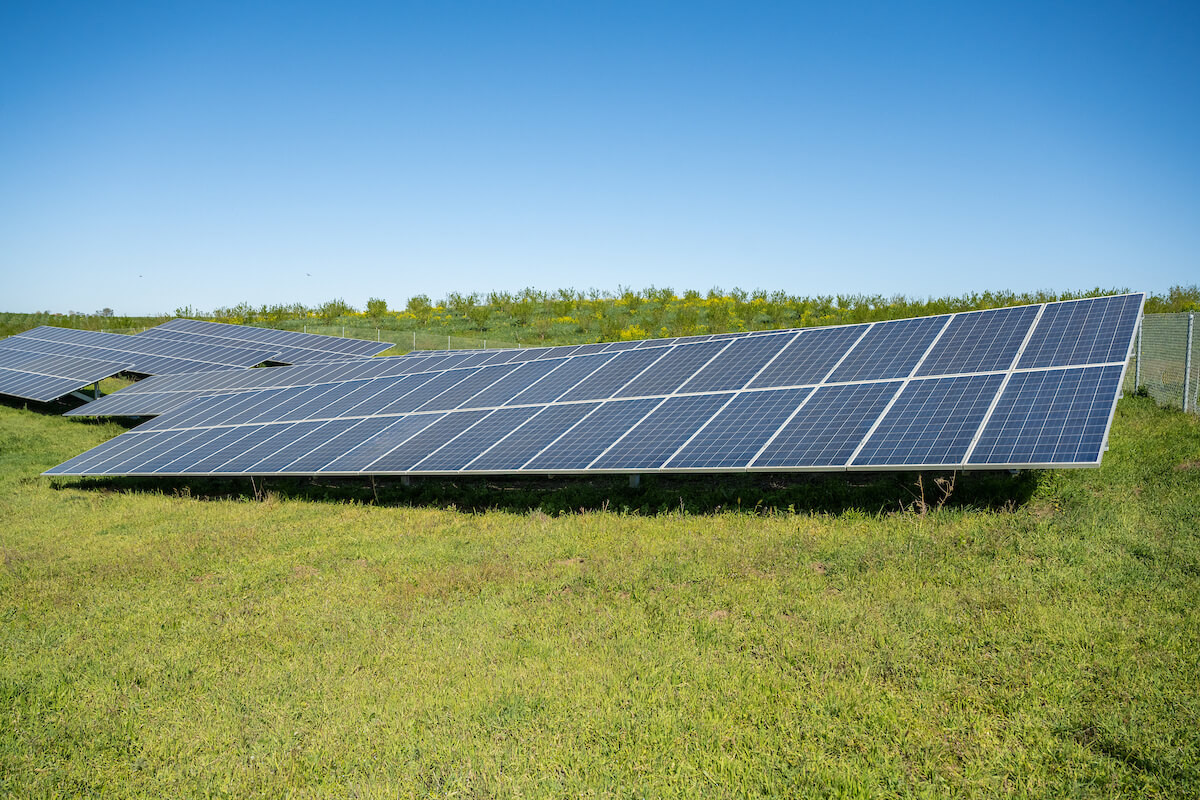Resilient Agriculture West
In the American West, a climate emergency is affecting the nation’s food supply and the many benefits that farms and ranches provide to ecosystems, economies, and communities. Farmers and ranchers across the region are experiencing record-breaking fires, historic droughts, floods, extreme temperatures, and other conditions with profound and devastating impacts.
The last few years have particularly been a call for a renewed commitment towards increased resilience for the West’s food and agricultural system.
Increasing resilience requires a sustained commitment of resources, leadership, innovation, and greater capacity to support Western farmers and ranchers adapting to changing conditions.
The challenges are indeed daunting and certainly require support from farmers, ranchers, landowners, agricultural organizations, environmentalists, academia, policymakers, businesses, and consumers.
AFT is responding to these challenges through its Resilient Agriculture West Initiative.
The initiative leverages our national resources, regional expertise, and strategic partnerships to strengthen the viability of farmers and ranchers, increase climate resilience, and protect the nation’s food supply.
Resilient Agriculture West’s Approach
Conduct research to evaluate threats to Western agriculture from real estate development and climate change.
Identify and protect the land best suited for agriculture and climate resilience.
Implement and highlight keystone projects focused on protecting prime agricultural land, protecting water resources, and promoting Smart Solar℠ energy.
Document the economic and environmental impacts of climate-resilient practices.
Provide funding and direct assistance to farmers and ranchers who adopt water conservation, soil health, and other regenerative agricultural practices.
Advocate for policies and programs that support agricultural land protection, smart solar, water resource management, and other regenerative agriculture practices.
Farms Under Threat in Western States
To support Western state planners and policymakers in making effective land use decisions that protect the most productive, versatile, and resilient agricultural land, AFT conducted research into farmland loss in each state under three different scenarios between 2016 and 2040.
Leveraging high-resolution spatial analysis tools, we analyzed the effects of these scenarios — Business as Usual, Runaway Sprawl, or Better Built Cities.
Go to Farms Under Threat 2040: Choosing an Abundant Future for a web mapping tool, state-specific reports, and recorded webinars.
Western Drought and Climate Change
The nation’s top farming region — the San Joaquin Valley — faces significant development and climate challenges.
Watch this discussion on Drought, Wildfires, and Climate Change: The Future of Farming in the West.
Read how these conditions are affecting:





